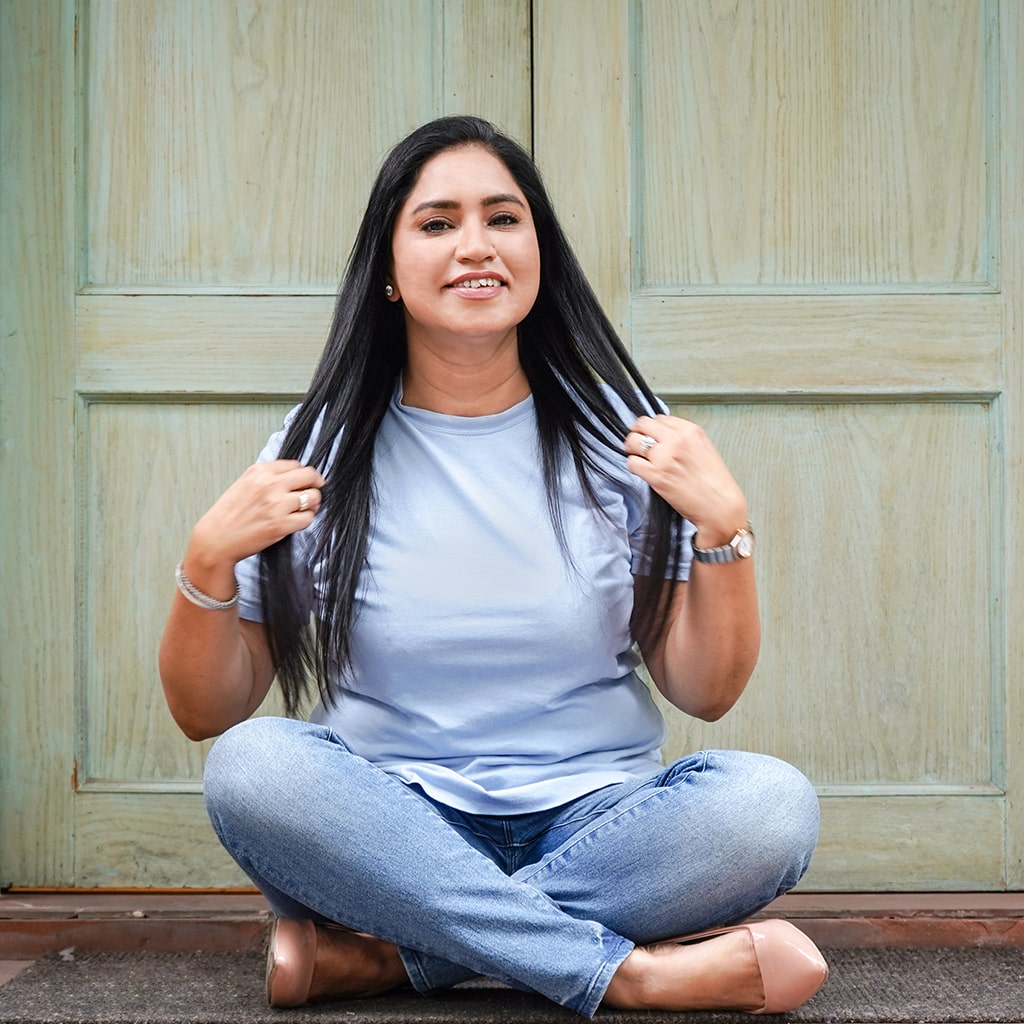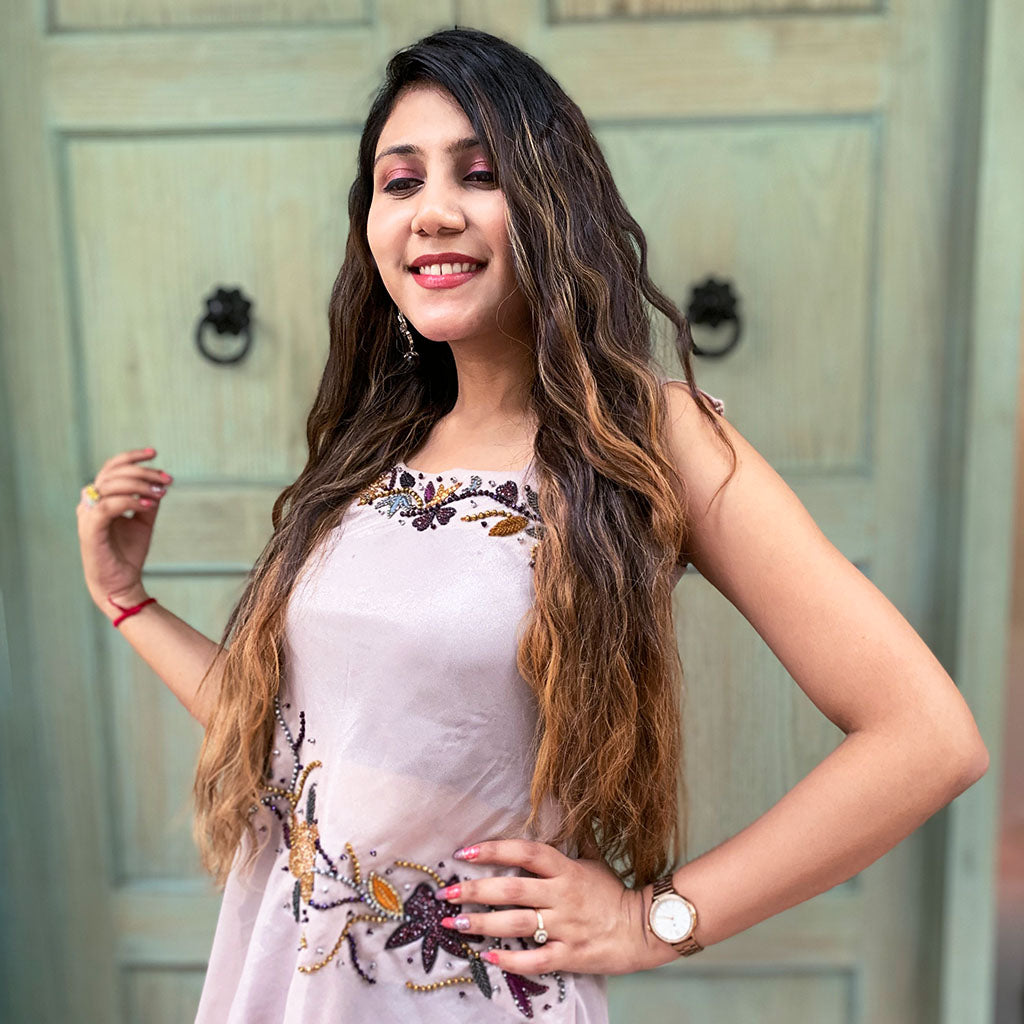
Shadow Roots: Latest Hair Color Trends
Whenever we want a fresh start we try and look for a hairstyle change that can help you get in the right mindset for a new time, whether you go for a new job, new relationship, new year or new season. We understand how liberating and therapeutic it feels to get the change.
However, there are certain styles or shades that work as per the seasons. For example, highlights or lighter shade rule their way in summers whereas winters have an increasing demand for shadow roots.
Today we are going to tell you everything you need to know about shadow roots.
What are shadow roots?
Shadow Roots are basically a hair coloring technique in which you have darker roots at the top of your hair and transitions into a different, generally lighter shade towards the ends. This provides an illusion of your roots casting a shadow on the rest of your hair.

Whenever you go for a big hair change make sure you understand what exactly you are getting into and what will be the final result of the same. This includes what goes into obtaining the style you’re going for (i.e. bleaching, dying, cutting), its popularity, the products needed to maintain the style, etc.
This is why it is important to understand anything and everything about shadow roots!
How Do You Get Shadow Roots?
Shadow roots are the points at which the shade of your underlying roots creates a shadow on the rest of your lighter color locks. This look is accomplished by extending color normally from under your underlying roots to the tips of your hair. This makes a shadow-like impact. This gives a characteristic look that can be gotten with any shading from dim dark colored to light darker, from a darker blonde to a lighter fair.

Hair experts will frequently suggest that you keep the shade of your underlying roots as near your characteristic (base) shading as conceivable to accomplish shadow roots. So, to accomplish an exceptional shadow like a blue or purple, the roots will ordinarily be hued. Indeed, even right now, the shading is still regularly a nearby match to the common shade of the person's roots.
How To Pick The Correct Shadow Roots?
Consider your natural root color and the shades that it would pair well with. For example, dark brown fades well into dirty blond hair. This is because the two together provide a natural-looking tone that embraces both the darkness of one’s natural roots while brightening up the look with a lighter body and ends.

Hair Experts says it’s best to keep your root color as close to your natural color as possible. To be specific, the shade should not be more than three tones different.
On the off chance that you are uncertain what shading roots will suit you well, you can generally test the shades of Diva Divine Hair's best clip-in hair extensions to enable you to choose what works best for you.
Stay tuned for more about shadow roots.
Let us know your experience of hair color change. Answer in the comments below!


